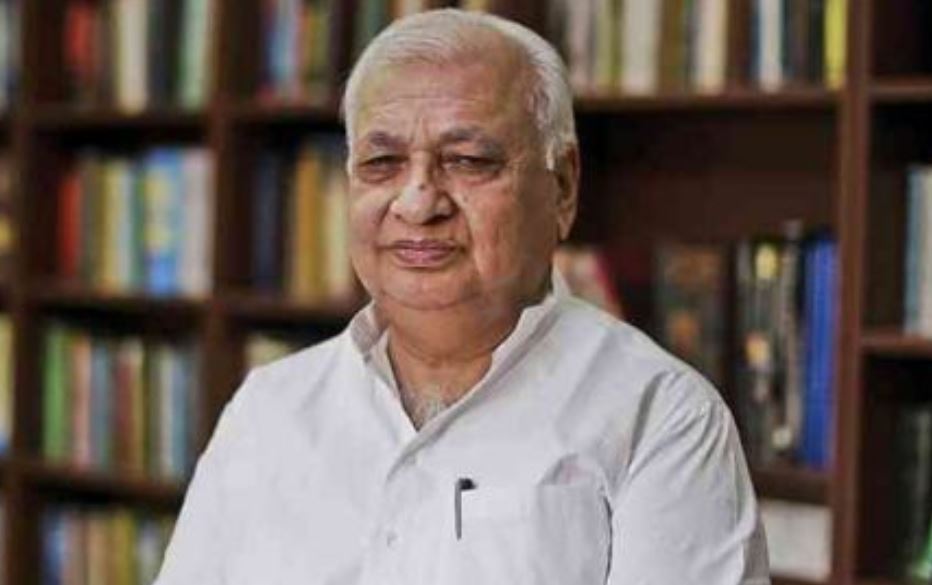
Hijab doesn’t figure in Quran, row over it a conspiracy: Kerala governor

Kerala Governor Arif Mohammad Khan on Thursday (February 17) said that the ongoing row over hijab was in fact a “conspiracy” to prevent the emancipation of Muslim women.
Claiming that wearing the hijab was not mandatory in Islam, Khan said the Article 25 of the Constitution which the Supreme Court has quoted to preserve an aspect which is “essential, intrinsic and integral to the practice of faith,” does not apply to hijab.
Khan, who belongs to Uttar Pradesh, said the Quran only details five features or Arkan-e-Islam that are essential in Islam –affirmation of faith through ‘kalima’, prayers at regular intervals of the day, the fast during Ramzan, charity for the impoverished and hajj (Muslim pilgrimage to Mecca).
He said that when these “essential tests” are applied, the agreement that hijab is part of religious freedom is nullified. “The Supreme Court has said that only the essential features which are integral to the practice of faith – only they will receive the protection of Article 25. hijab is definitely not one of them,” he told a prominent website.
Asked if the argument that the ban on hijab would impede the education of Muslim girls, the governor said there was no conflict between religion and education and that any such comparison stems out of “total ignorance”.
Stating that the purpose of Islam was to make men acquire knowledge, he said in the Quran, it is the man who is asked to “Read” the name of God, observe animals, stars and space and go in search of knowledge.
Lauding the Centre for banning the practice of triple talaq, he said the reformation helped in the liberation of Muslim women.
“They are having a sense of freedom. They are pursuing education. They are joining great career. This (hijab row) is a conspiracy,” he said.
The controversy over hijab broke out after a few Muslim students in a Karnataka college protested against the government’s ban on the garment in educational institutions. While the issue has snowballed into a major row across other states, the matter is being currently heard by the Karnataka High Court based on a petition by students questioning the constitutional validity of the ban.
At Wednesday’s hearing, the counsel of the petitioners had asked the court why only Muslim women were being targeted for wearing the scarf even though other religious symbols like bangles and turbans are common in Indian society.

